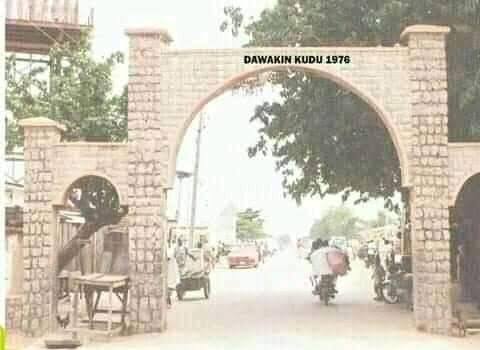
Dawakin Kudu is a local government area in Kano State, Nigeria. Here is some information about Dawakin Kudu:
Location: Dawakin Kudu is located in the northern part of Kano State, Nigeria. It is bordered by other local government areas such as Kano Municipal, Kura, and Ungogo.
Population and Demographics: Dawakin Kudu has a significant population, with diverse ethnic and cultural backgrounds. The area is predominantly inhabited by Hausa people, who are the largest ethnic group in Northern Nigeria.
Economy: Dawakin Kudu’s economy is primarily driven by agriculture. The fertile land supports the cultivation of crops such as millet, maize, sorghum, rice, and vegetables. Livestock rearing, particularly cattle and goats, is also common in the area. Additionally, there are small-scale businesses and trading activities in the local markets.
Infrastructure: Dawakin Kudu has basic infrastructure, including road networks, healthcare centers, and educational institutions. The local government is continually working to improve infrastructure to meet the needs of the growing population.
Education: Dawakin Kudu has a number of educational institutions, including primary and secondary schools. There are also vocational training centers and Islamic schools that provide education and skills training to the local population.
Culture and Traditions: Dawakin Kudu embraces the cultural traditions of the Hausa people. Traditional music, dance, festivals, and ceremonies are an important part of the local culture. The community takes pride in preserving their cultural heritage and passing it down to future generations.
Tourism: Dawakin Kudu may have tourism potential, with attractions such as historical sites and cultural events. Visitors can explore traditional architecture, visit local markets, and witness cultural celebrations and festivals.
Overall, Dawakin Kudu is an agricultural-based local government area that showcases the traditional way of life in the region. It has a growing population, a focus on education, and a rich cultural heritage. The area’s natural resources, cultural practices, and community spirit contribute to its unique identity within Kano State.